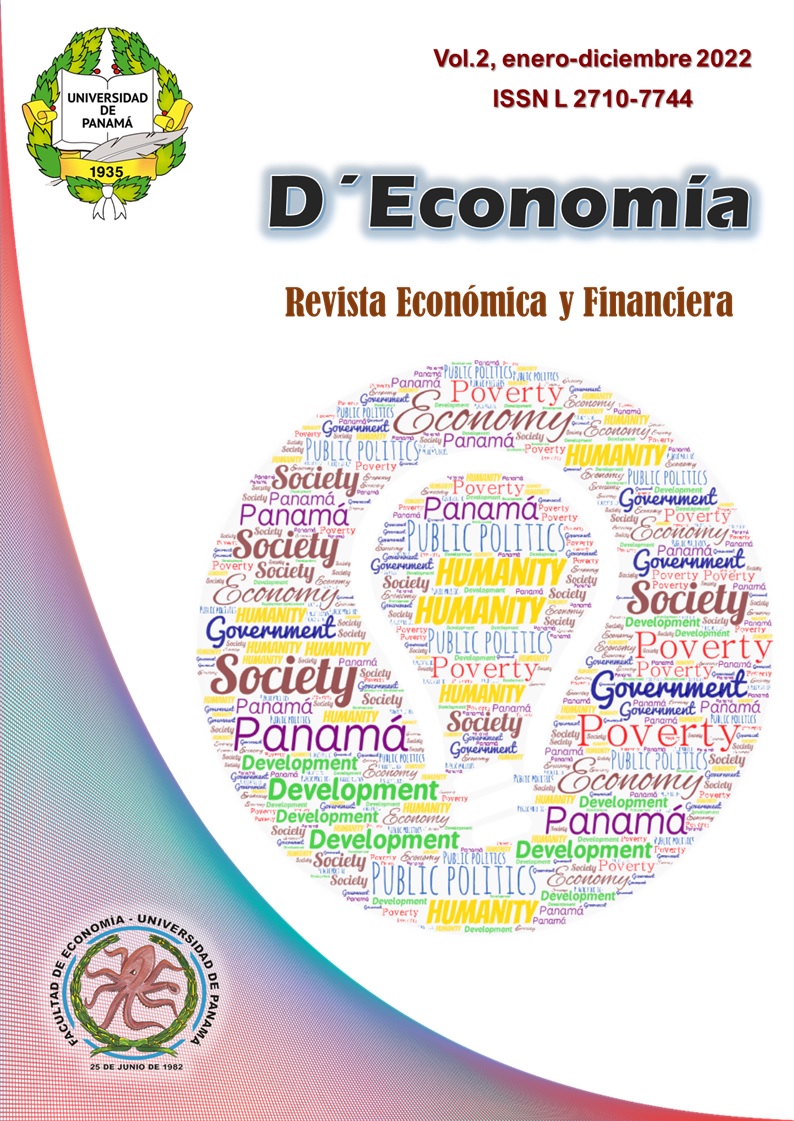

Including disabled people is a difficult challenge to overcome in underdeveloped countries where inequality, unemployment and poverty rates are high. State actions and policies are required, embodied in laws or regulations, as well as specific educational and training programs, institutional support and credit facilities. Ecuador has an interesting history as a country where entrepreneurship has turned out to be an option in the face of the problem of unemployment and poverty. Despite the great difficulties in the midst of the serious economic and social crisis, exacerbated by the effect of the COVID 19 pandemic, there are experiences of entrepreneurship in Latin America that have the same people with disabilities as protagonists or at least are incorporated with good results. The objective of this study is to identify, collect and systematize data and concepts related to entrepreneurial activity in some countries of our region, where this survival strategy has been made clear that has achieved the inclusion of people with disabilities, the official policies that they were able to support and enable them in the field of training, financial support and technical guidance. Likewise, the general guidelines issued by international organizations are reviewed as guidance to the governments of the region to create the right conditions for this type of enterprise that contributes to providing solutions to social problems, reducing the unemployment rate and supporting families.